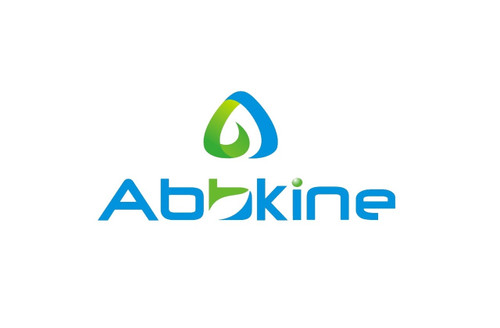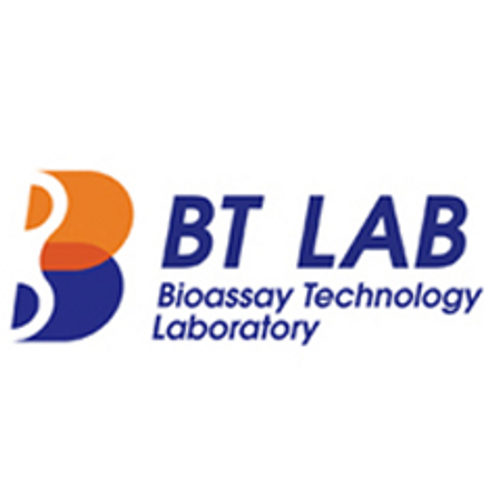Product Description
Human Protein phosphatase 1 regulatory subunit 15B (PPP1R15B) ELISA Kit | AE26318HU | Abebio
Species Reactivity: Human (Homo sapiens)
Abbreviation: PPP1R15B
Alternative Name: FLJ14744; protein phosphatase 1; regulatory subunit 15B
Application: ELISA
Range: 0.312-20 ng/mL
Sensitivity: 0.118 ng/mL
Intra-Assay: ≤4.7%
Inter-Assay: ≤8.3%
Recovery: 1, 06
Sample Type: Serum, Plasma, Other biological fluids
Detection Method: Sandwich
Analysis Method : Quantitive
Test Principale: This assay employs a two-site sandwich ELISA to quantitate PPP1R15B in samples. An antibody specific for PPP1R15B has been pre-coated onto a microplate. Standards and samples are pipetted into the wells and anyPPP1R15B present is bound by the immobilized antibody. After removing any unbound substances, a biotin-conjugated antibody specific for PPP1R15B is added to the wells. After washing, Streptavidin conjugated Horseradish Peroxidase (HRP) is added to the wells. Following a wash to remove any unbound avidin-enzyme reagent, a substrate solution is added to the wells and color develops in proportion to the amount of PPP1R15B bound in the initial step. The color development is stopped and the intensity of the color is measured.
Product Overview: PPP1R15B promotes dephosphorylation of the transcription initiation factor EIF2-alpha (EIF2S1) through recruitment of protein phosphatase-1 (PP1) catalytic subunits. Ppp1r15b -/- mice showed low hematocrit and red blood cell count, with qualitative abnormalities in red cell size and shape. Histologic examination of mutant liver was consistent with compensatory proliferation of blood precursors. Ppp1r15b -/- mouse embryo fibroblasts showed elevated Eif2-alpha phosphorylation. Ppp1r15b -/- embryos that were also homozygous for an Eif2-alpha mutation that prevented Eif2-alpha phosphorylation were normalized, including elevated birth size and restored red blood cell count, compared with Ppp1r15b -/- embryos with wildtype Eif2-alpha.
Stability: The stability of ELISA kit is determined by the loss rate of activity. The loss rate of this kit is less than 5% within the expiration date under appropriate storage condition. The loss rate was determined by accelerated thermal degradation test. Keep the kit at 37°C for 4 and 7 days, and compare O.D.values of the kit kept at 37°C with that of at recommended temperature. (referring from China Biological Products Standard, which was calculated by the Arrhenius equation. For ELISA kit, 4 days storage at 37°C can be considered as 6 months at 2 - 8°C, which means 7 days at 37°C equaling 12 months at 2 - 8°C) .
 Euro
Euro
 USD
USD
 British Pound
British Pound
 NULL
NULL








